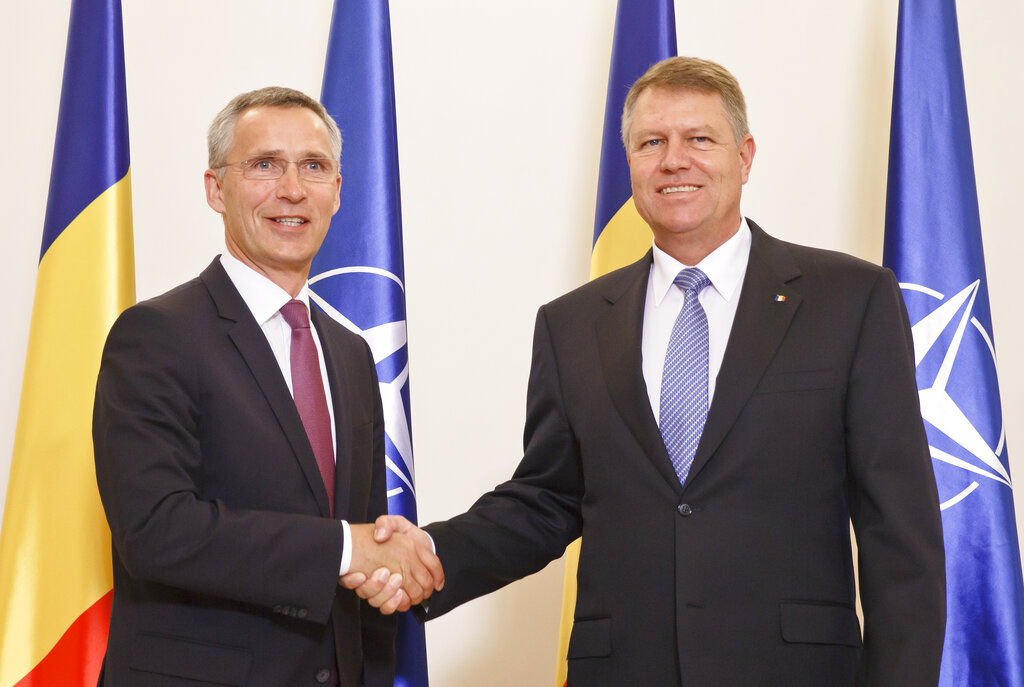
The announcement made by Romanian President Klaus Iohannis on Tuesday, March 12, at the Cotroceni Palace has stirred up discussions across Central Europe and even Turkey regarding his candidacy for the leadership of NATO as a replacement for current leader Jens Stoltenberg.
With a sense of responsibility, President Iohannis declared his candidacy on behalf of Romania, citing the country’s performance and his own experience gained during his tenure as president. He emphasized his understanding of the challenges confronting NATO, Europe, and the broader region.
The Romanian Presidential Administration has formally notified NATO countries of President Iohannis’s candidacy for the position of secretary-general. While there have been discussions about two other potential candidates – Estonian Prime Minister Kaja Kallas and former Dutch Prime Minister Mark Rutte – no official announcements have been made yet.
President Iohannis’s candidacy marks a significant development, as he becomes the first official contender for the post of NATO secretary-general. Despite the anticipation surrounding his announcement, President Iohannis clarified that he does not intend to cut short his presidential term, which is scheduled to end on December 21, 2024.
This move signals a notable shift within NATO, as it could potentially witness an open competition for the leadership position for the first time since the fall of the Iron Curtain. Moreover, the election of NATO’s leadership amidst ongoing conflict within Europe adds a unique dynamic to the situation.
While twenty-two countries have already voiced their support for Dutch leader Mark Rutte, Hungary stands out as the first to publicly oppose Rutte’s candidacy. Romania, along with Hungary, is advocating for President Iohannis, potentially paving the way for other former Warsaw Pact countries to rally behind Romania’s bid. Notably, Bulgaria, whose aspirations for Schengen membership have faced obstacles from the Netherlands under Rutte’s leadership, may also consider aligning with Romania’s stance.
With President Iohannis’s candidacy, the landscape of NATO leadership elections appears poised for a significant reshaping, reflecting the evolving geopolitical dynamics within Europe and beyond.
RELATED ARTICLES
- Hungary Becomes First EU Country to Congratulate Putin for Winning the 'Elections'
- Putin says NATO Troops are already in Ukraine But Russia is Still Winning
- After Russian Threats, Romania Begins Building the Largest NATO Base in Europe
- France says Ukraine Must Free Crimea in Order to Have Lasting Peace
- Russian Ambassador to Washington calls USA "terrorist state", says Conquering of Ukraine will Weaken USA











